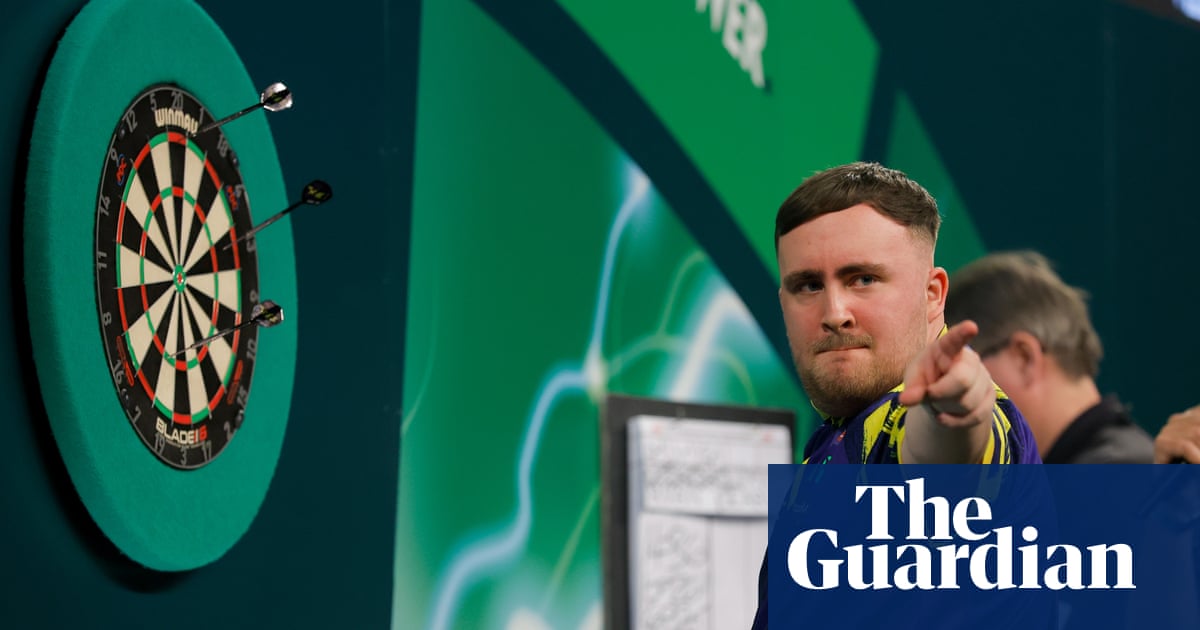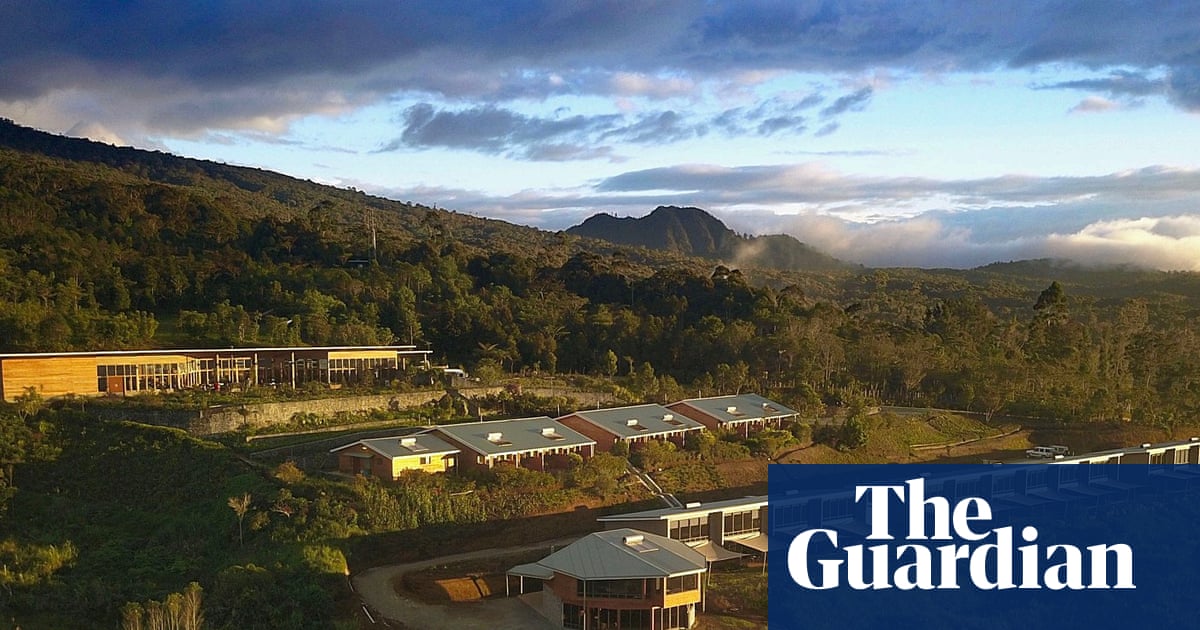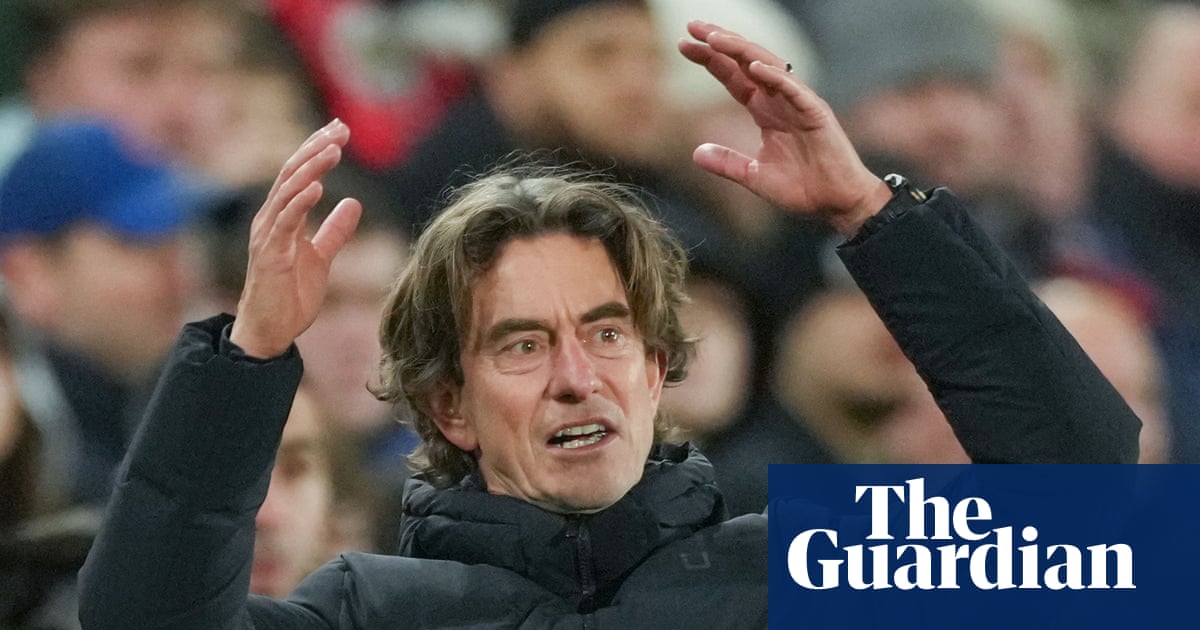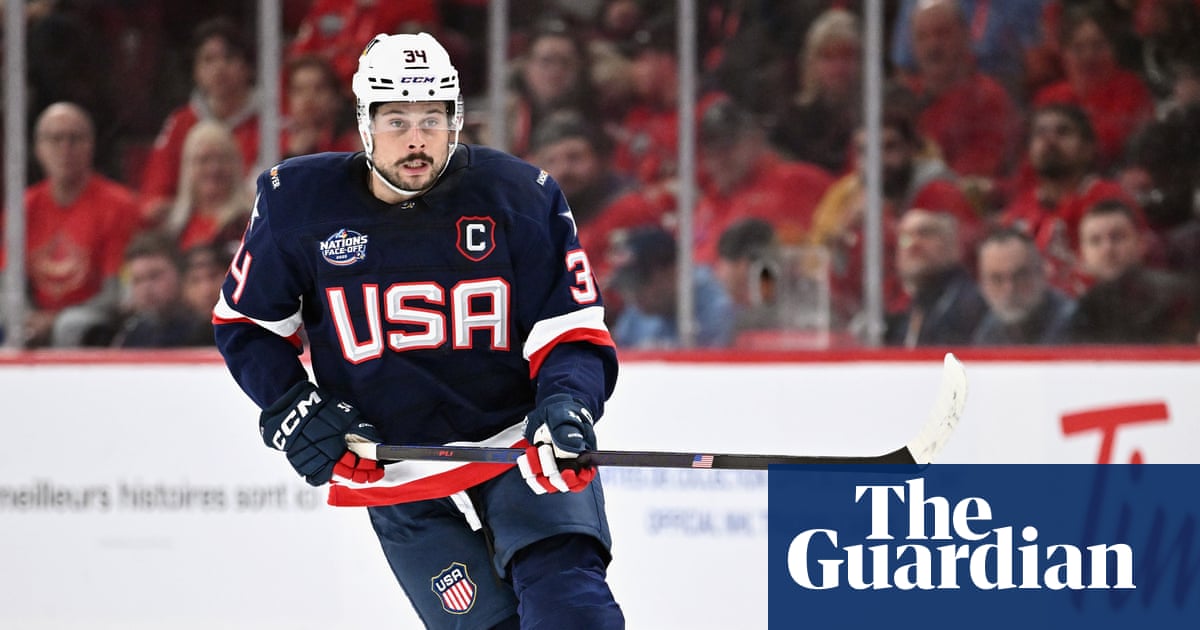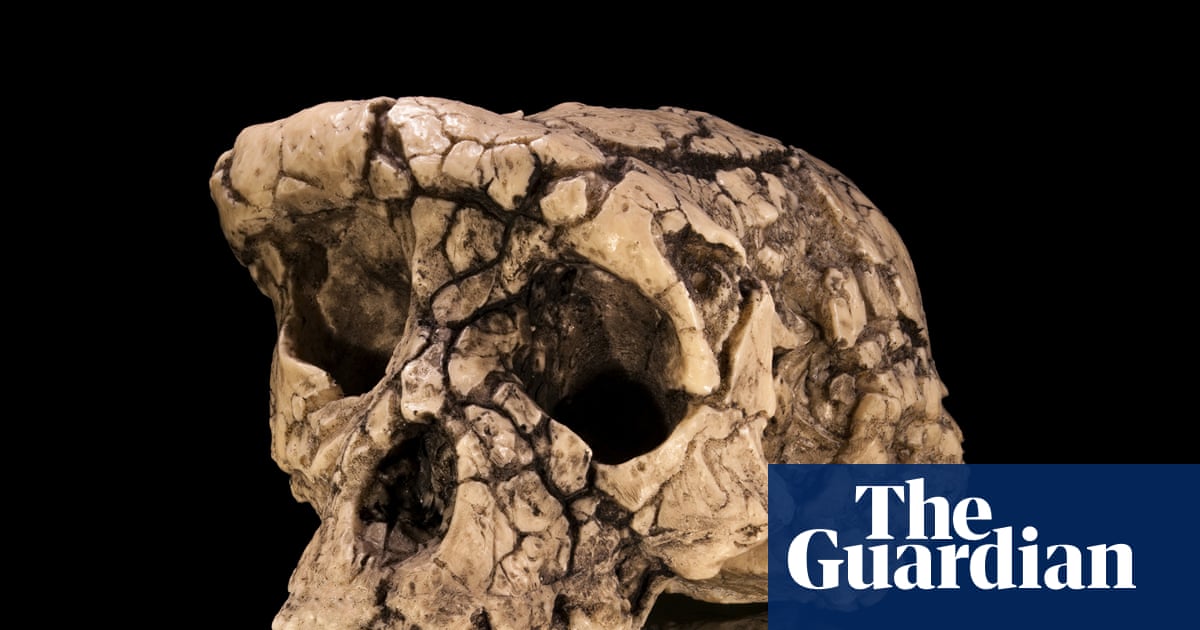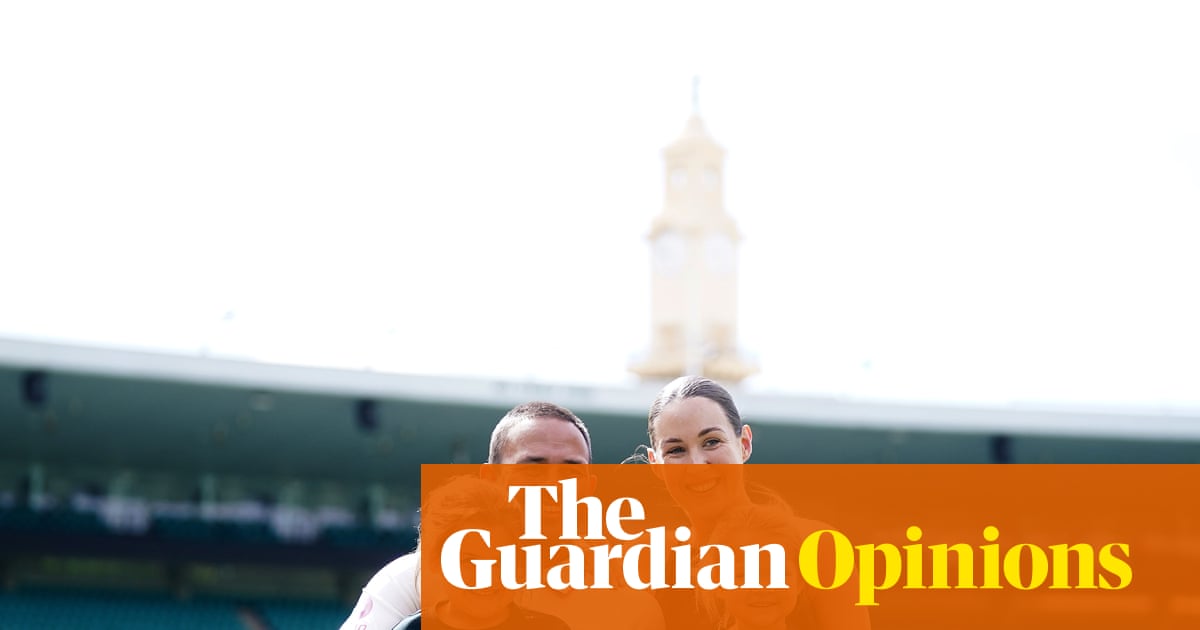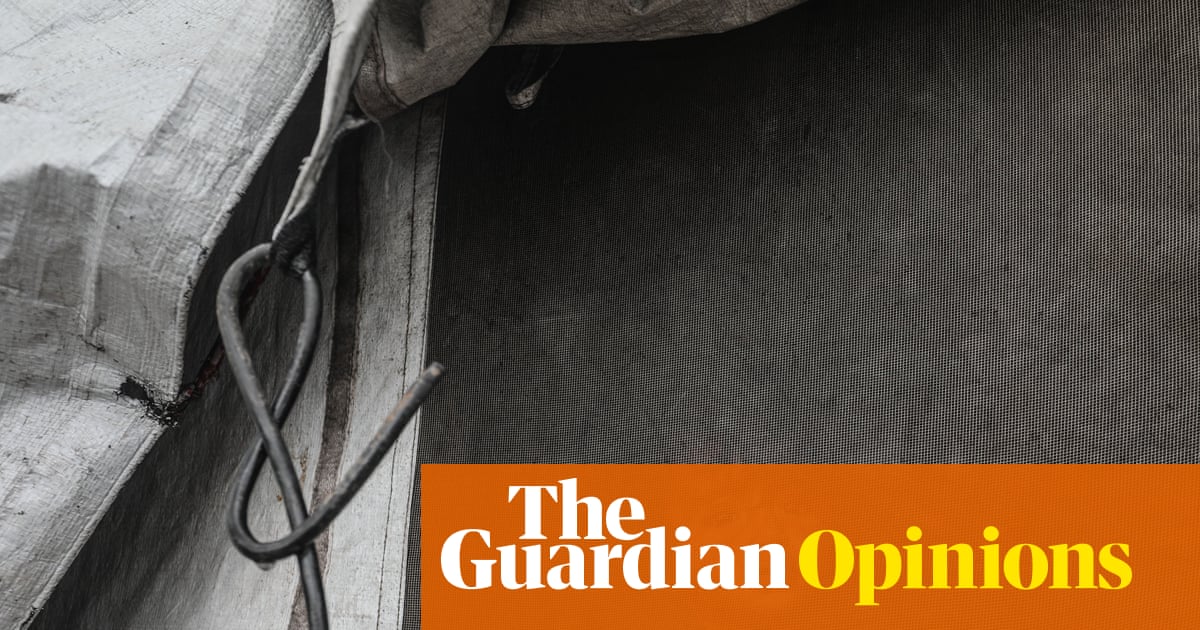For decades scientists, doctors and public health officials have battled to solve the obesity crisis. Now researchers have won an Ig Nobel prize for a radical new approach: slashing people’s calorie intake by feeding them Teflon.
The left-field proposal was inspired by zero calorie drinks and envisaged food manufacturers blending powdered polytetrafluoroethylene (PTFE) into their products in the hope it would sate people’s hunger before quietly sliding out.
The team is one of 10 to be recognised at this year’s Ig Nobel awards, which celebrate research that first makes people laugh and then makes them think. They are not to be confused with the rather more prestigious, and lucrative, Nobel prizes that will be doled out in Scandinavia next month.
The latest crop of winners were handed their awards by bona fide Nobel laureates, and showered with paper planes, at a ceremony at Boston University on Thursday.
Researchers honoured on the night discovered that alcohol, in small doses at least, boosted people’s foreign language skills; that cows disguised as zebras suffered fewer insect bites, and that people became more narcissistic after being told they were more intelligent than most, even when they weren’t. Another prize went to a fastidious doctor who measured the growth of his nails for 35 years.
“I feel honoured,” said Dr Rotem Naftalovich at Rutgers University in New Jersey, whose work on the Teflon diet landed the chemistry prize. After discussing the idea for a zero calorie filler with his brother David, the pair hit on Teflon as their favoured substance.
Making their case in Obesity Technology, the researchers explained how PTFE could make up a quarter of our food by volume. But while Naftalovich made – and ate – chocolate bars containing Teflon, the US Food and Drug Administration was cool on the idea.
“I don’t think they wanted to review it because it was such a wonky idea,” Natfalovich said.
The peace prize went to a German, Dutch and British team who showed that a shot of vodka improved people’s foreign language skills. “A small sip seemed to boost confidence without making the words fall apart,” said Dr Fritz Renner, a psychologist at the University of Freiburg.
But the improvement wasn’t huge. “It’s not like people were transformed into perfect Dutch speakers after a single drink,” added Prof Matt Field, a psychologist at the University of Sheffield who worked on the study.
If communication with foreigners improved with alcohol, flying did not. The aviation prize went to researchers who plied Egyptian fruit bats with ethanol. The bats became slow and their echolocation faltered, much as speech becomes slurred in the inebriated. Bats that binged on fermented fruit may be “at higher risk of colliding with obstacles”, the team concluded.
Food featured heavily in the 2025 awards. An exploration into the impact of diet on breast milk flavour won the paediatric prize for showing that babies suckled for longer after their mothers ate garlic. A largely Italian team won the physics prize for elucidating a phase transition in pasta dish cacio e pepe that leads to unpleasant clumping. Another group discovered that, even when given a choice, rainbow lizards in Togo had an extreme preference for “four cheeses” pizzas, earning them the nutrition prize.
Elsewhere, Indian researchers landed the engineering prize for building a shoe rack that neutralised the odour of smelly trainers. The rack, more of a cardboard box, contained a UV lamp that killed the offending bacteria in minutes. It also burnt the trainers. The psychology prize went to work that found people who were told they had above average intelligence believed it and were prone to bragging.
Dr Tomoki Kojima at the National Agriculture and Food Research Organization in Japan won the biology prize. His team showed that cows suffered fewer fly bites when painted with black stripes. “I couldn’t believe it,” he said. “I thought I was dreaming.”
The literature prize went posthumously to the late Dr William Bean of the University of Iowa. In a succession of papers, he documented the growth rate of his fingernails and toenails over 35 years. His son Bennett said the whole family was drawn into the effort.
“He was interested in the world and we were part of it,” his son Bennett told the Guardian. “He would have loved this and used it as an event to write some perfect acceptance speech. He would say: ‘Finally, recognition!’”

 3 months ago
130
3 months ago
130
